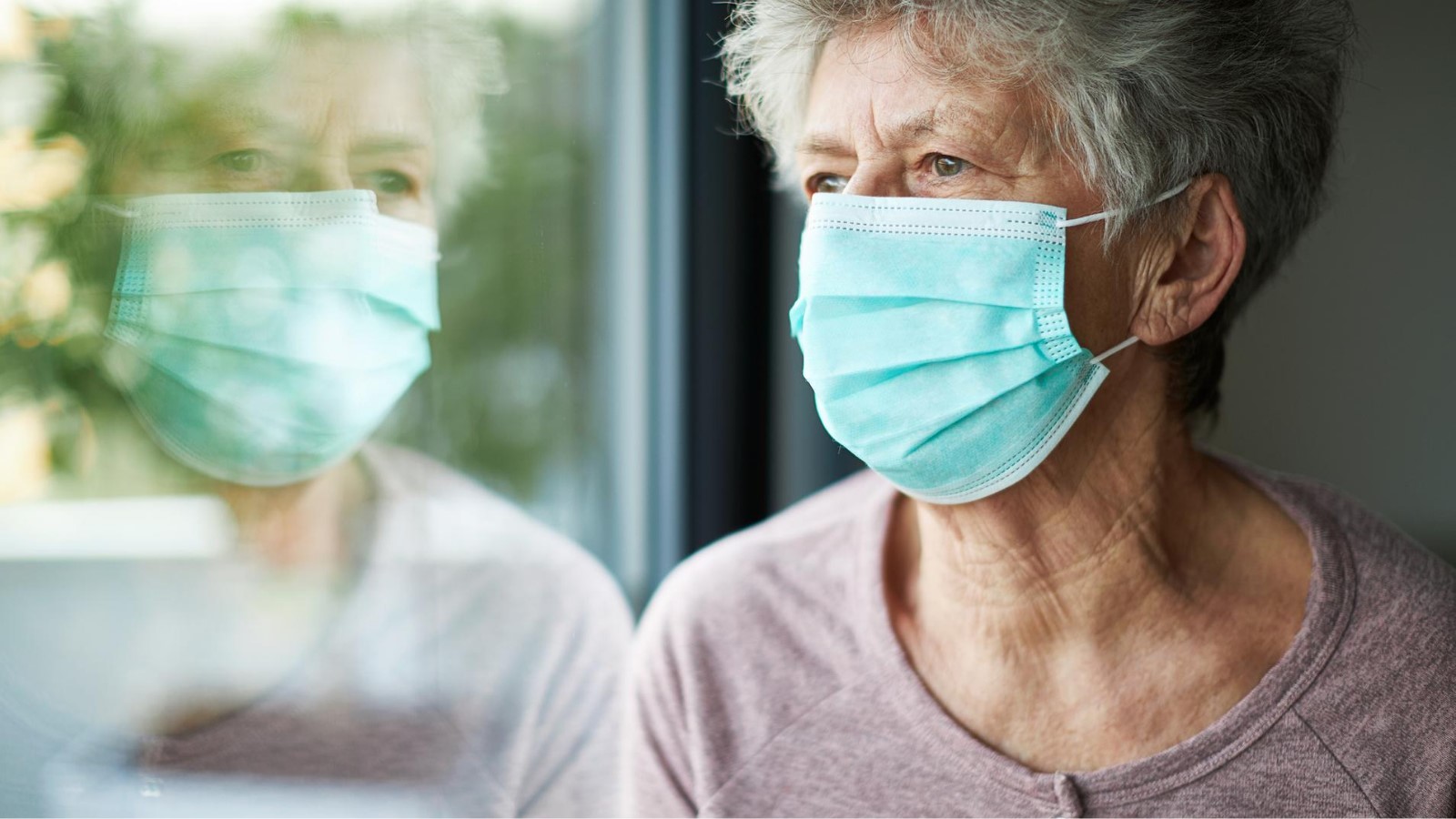We’re calling for Government to urgently invest in local counselling and psychotherapy services to help meet the increased demand brought about by the coronavirus pandemic.
The NHS Confederation, which represents health services in England, Northern Ireland and Wales, has warned that people requiring mental health support and treatment are at risk of not receiving the care they need and their conditions deteriorating.
In a new report, it says the peak in demand for mental health care brought about by Covid-19 is yet to come and there needs to be intensive support and investment to be able to meet it.
Campaign
The report's core findings very much mirror our own Covid -19 Campaign, which is supported by a powerful coalition of professional bodies, service providers, trainers and therapists, and calls for counselling and psychotherapy to support the nation through the crisis.
And Martin Bell, our Deputy Head of Policy and Public Affairs, said BACP members are ideally placed to help meet the nation’s needs.
“This report is further evidence of the growing mental health needs of the population brought about by Covid-19 and services being unable to cope with current and future demand,” said Martin.
"From the outbreak of the pandemic we’ve called on Government to urgently respond to the emerging mental health crisis, by making use of the qualified counselling and psychotherapy workforce that’s already trained and able to be mobilised quickly and provide the support the nation needs.
“While we will continue to support delivery of the additional mental health workforce promised through the NHS People Plan, we can’t wait for those roles to be in place.
Counselling and psychotherapy
"Governments across the UK need to look beyond the narrowness of existing provision, such as IAPT services in England, and invest in local counselling and psychotherapy services to help meet the increased demand brought about by the coronavirus pandemic.
"The large number of professional therapists working and living across the UK understand and can meet the specific needs of their communities.”
The Centre for Mental Health has estimated an additional 500,000 people will require support for their mental health in the next two years.
At the same time as an increase in demand, providers are likely to face a 10% to 30% reduction in how many people they can see because of infection controls and social distancing measures, the report says.
The NHS Confederation has called for its members to be supported nationally to understand how demand for mental health services will vary from area to area and for appropriate financial and staffing resources to be allocated. Building on how local organisations have worked together so far, integrated care systems should also help lead these efforts.
Support
Elsewhere in the report, the NHS Confederation is calling for:
- A cross government approach to supporting the mental health of the nation as many of the determinants of mental health, such as housing, employment, debt and personal relationships, are outside of the NHS’s direct control.
- An enhanced and national approach to suicide prevention, targeted to those most at risk, to be led by Public Health England.
- A long-term and sustainable settlement for social care, which recognises the specific requirements of working age adults with mental health needs
- Increased financial support for charities that have been hit hard by the pandemic and that support NHS mental health services, in addition to the £5m that the Government announced in May.
